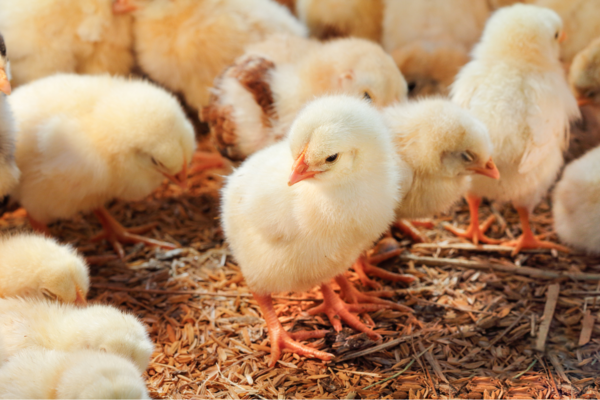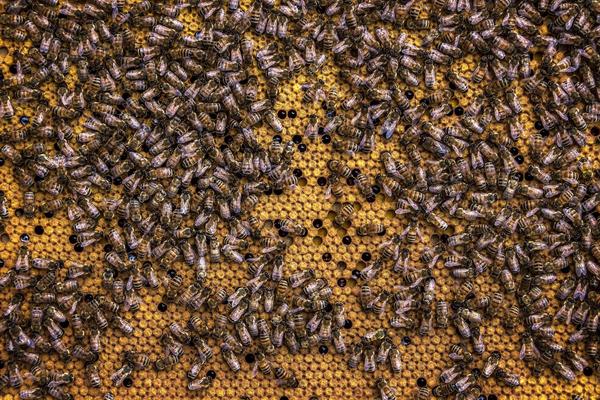Behaviour and Biomechanics
All animals exhibit behaviours. These behaviours arise from complex interactions between an animal’s physiology, genetics, and its environment. By better understanding these interactions we can better understand the natural world around us, and ultimately inform policies, protect species and design technologies inspired by animals.
The study of animal behaviour is broad, and contains questions about:
- Animal mechanisms (How do nerves, muscles and hormones give rise to behaviour? How does the animal decide to do one behaviour rather than another?)
- Animal Development (How does the behaviour develop? Is it learnt? What role do genes play?)
- Animal Function (how does the behaviour help the animal survive and reproduce)
- Animal Past History (What did the behaviour evolve from? How did the ancestral species behave?)
Animal behaviour research at Oxford employs state-of-the art technologies to study the biomechanics of flight, the collective motion of animals, the sexual behaviour of vertebrates and invertebrates. This work can help to unravel the mysteries of animal navigation and even to decode the mechanisms of insect brains.
Research in this section has a wide number of impacts on society and ecosystems. Such as:
- Developing new, innovative materials inspired by the natural world, such as spider and silkworm silk
- Creating systems to monitor and ultimately improve animal health and welfare
- Inspiring the use of biomimicry in product design, such as applications of animal movement in drone technologies
- Improving the conservation of species by understanding their movement and feeding habits
- Bridging the gap between natural and artificial intelligence
Find out about this Section in our publications and recent news.
Professor Geraldine Wright | Section Head

"Oxford has a rich tradition in the study of behaviour including the work of Nobel Laureate Nico Tinbergen, the work of behavioural ecologists such as John Krebs, and animal welfare pioneers such as Marian Stamp Dawkins. Spanning many phyla with special expertise in the behaviour of birds, fish and insects, our groups remain at the forefront animal behaviour research."
Geraldine Wright










